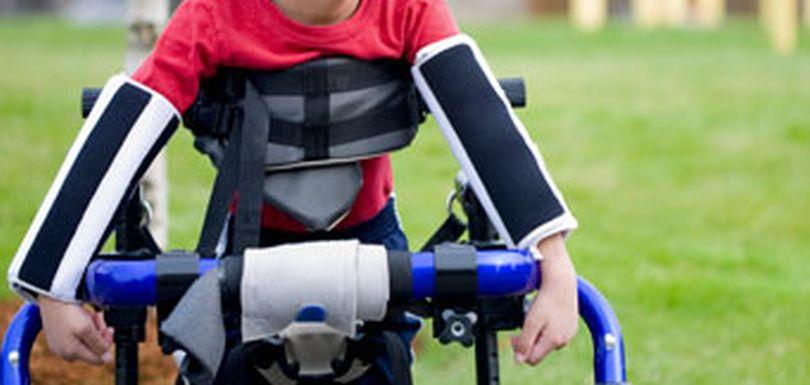Sometimes, teachers can make all the difference.
Matt Woodrum, 11, has cerebral palsy but doesn’t want to let that stop him from being as normal as possible.


Sometimes, teachers can make all the difference.
Matt Woodrum, 11, has cerebral palsy but doesn’t want to let that stop him from being as normal as possible.